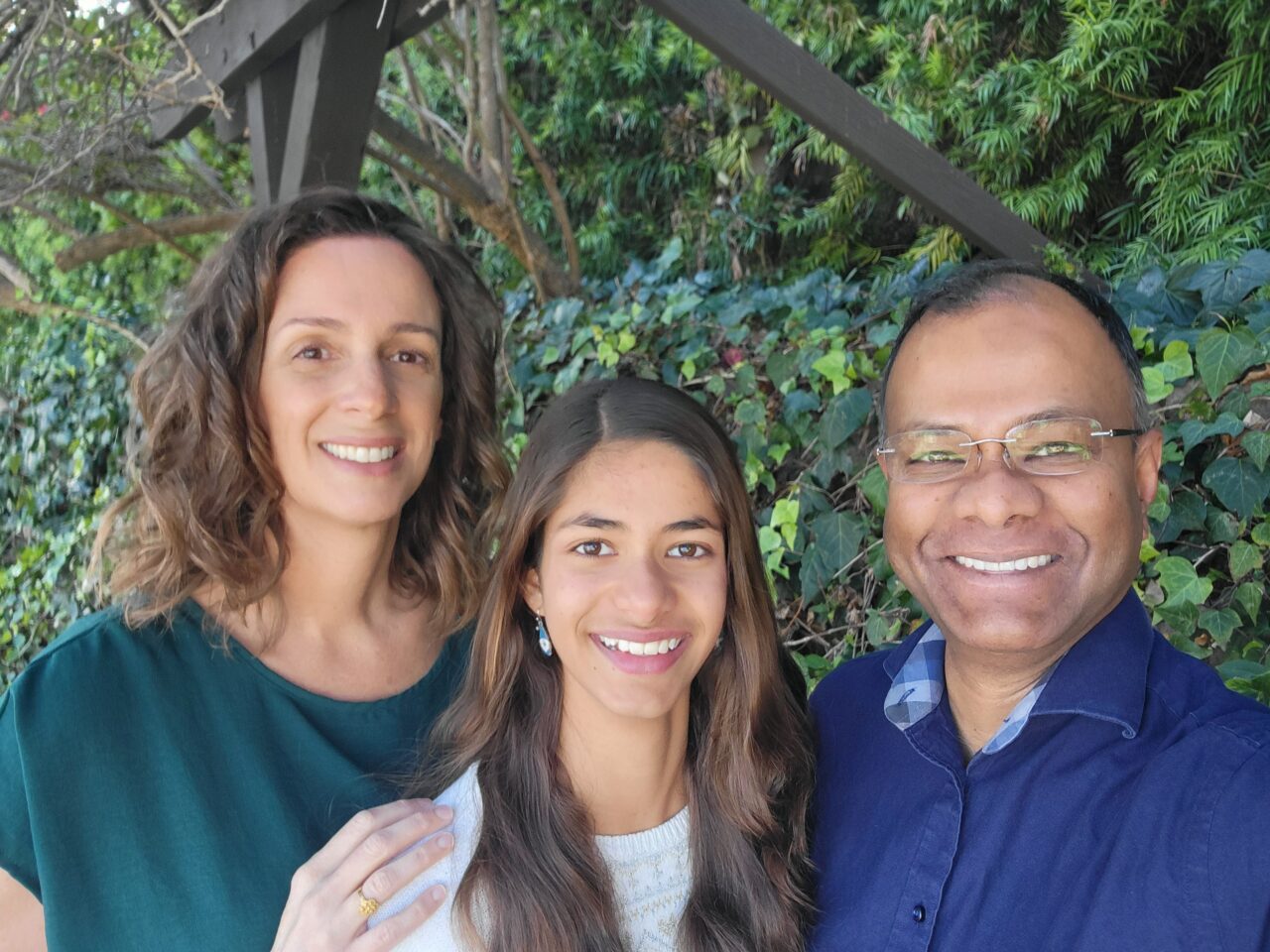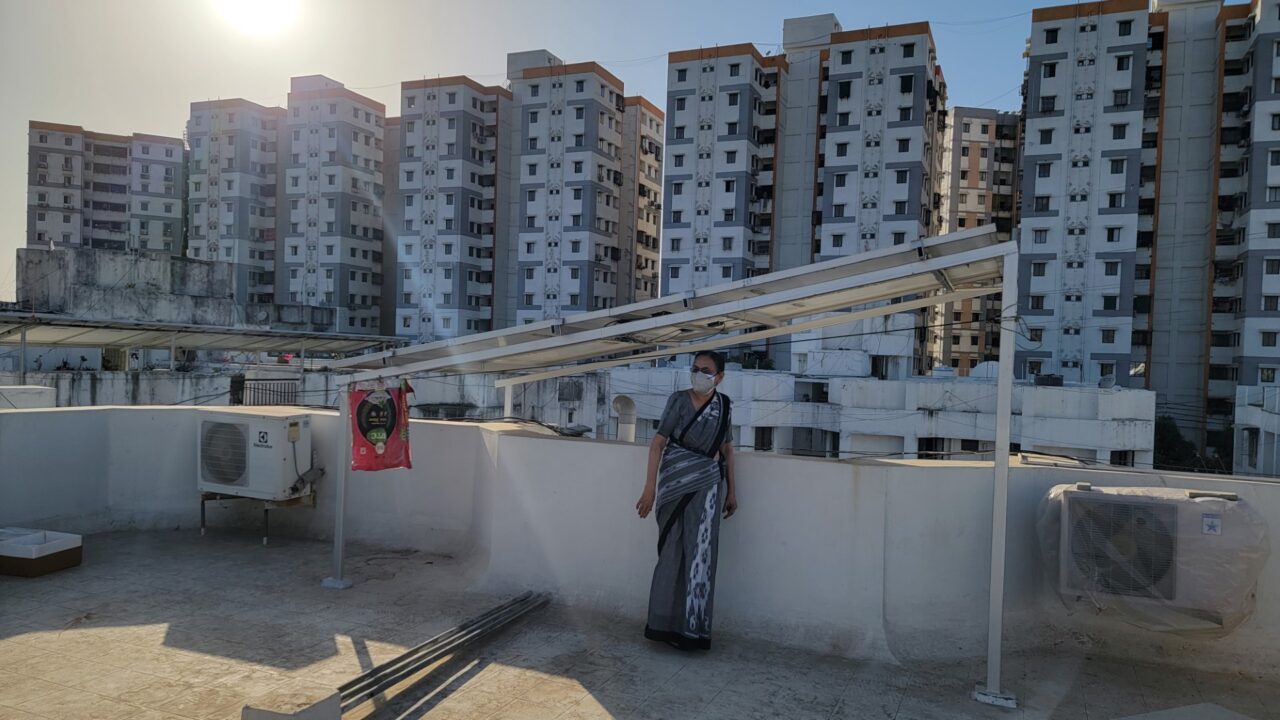
Photo Credit: Courtesy of the Roy family
TWO DECADES AGO, Sudeepto Roy and his wife Valérie DuFort-Roy saw first-hand the importance and fragility of forests. In 2003, the Cedar Creek Fire ravaged parts of San Diego, where they lived at the time, destroying many structures in the area.
When Al Gore’s film “An Inconvenient Truth” hit theaters three years later, they immediately understood the significance of the message. Soon after, they looked at their own carbon footprint from waste, energy use and international travel, and realized there was a lot they could do to become part of the solution.
“I was using lots of paper towels,” says Valérie. “We were landfill contributors and were using up trees with no shame. We were a case of people who got educated.”
One action they took was to begin donating to American Forests. They have been doing so since 2006, with Sudeepto’s employer, Qualcomm, matching their gifts dollar-for-dollar.
Other changes have profoundly shifted their way of life. Their household is now in Del Mar, Calif., and paper-towel-free. They also produce almost zero trash, use solar electricity, drive electric vehicles, have energy- and water-saving appliances and fixtures, and recycle and reuse.
They are active locally on environmental issues, with Valérie serving a three-year term on the Sustainability Advisory Committee of the Del Mar City Council. In the role, she helped pass a helium balloon ban in Del Mar as part of a larger regional effort.
Their feeling that forests are an important piece of this puzzle was reinforced in 2007 when the Witch Creek Fire forced them to evacuate their San Diego home. In 2008, they became certified by San Diego County to participate in a community emergency response team. They had noted American Forests’ tree replanting efforts in the state when they first donated and only became more dedicated to the organization in the wake of the second fire. They learned more about the importance of trees for climate mitigation and Tree Equity.
“It’s nature’s inbuilt carbon sequestration,” says Sudeepto. “This is the gift nature has given us.”
As a member of the board of the Del Mar Foundation, which directs some funds towards urban tree planting, he used the Tree Equity Score to challenge his town to compete with local communities on tree cover.
He had seen first-hand the difference tree canopy can make for the livability of urban communities when he visited his mother in India after the COVID-19 pandemic eased. One day, he traveled 5 miles from her multi-story apartment building on the outskirts of a bustling city to an urban forest he remembered from his childhood.


“I saw peacocks, wild monkeys; it’s just magical,” he remembers. But what really struck him was the 10-degree Fahrenheit difference between his mother’s dwelling and this sylvan oasis.
“I could feel the fresh air and temperature drop,” he says. “The solution is that simple: having trees and forests.”
For both Sudeepto and Valérie, the question is personal, as they see the burden environmental stress places on their 12-year-old daughter and her peers.
“How can we mess it up, wash our hands and just go?” asks Valérie. “We cannot.” The only viable option, says Sudeepto, is to “turn our attention to those things we can do, and do those. Make one change at a time, and it becomes your way of life.”